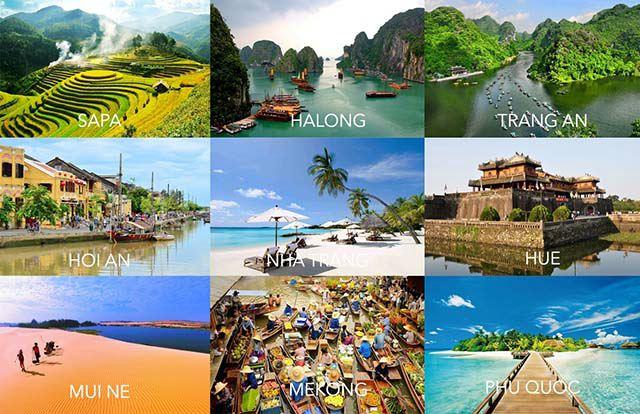The Law on Chemicals (amended) has abolished 9 groups of administrative procedures.
The Law on Chemicals (amended) has abolished 9 groups of administrative procedures, at the same time, administrative procedures are built in the direction of maximum application of information technology.
 Báo Công thương•14/03/2025
Báo Công thương•14/03/2025
Cú 'quay xe' của nữ sinh duy nhất được tuyển thẳng vào Trường ĐH Y dược TP.HCM

Trí tuệ nhân tạo hoạt động như thế nào?

Ho Chi Minh City - the shape of a modern 'super city'

Loạt sự kiện hứa hẹn sẽ đưa hình ảnh Bình Định vươn xa

Intimate and simple moments of General Secretary Nguyen Phu Trong

Solemn flag-raising ceremony to celebrate the 57th anniversary of ASEAN's founding

Giới trẻ đua nhau check-in mùa thu Hà Nội dưới trời 38 độ C

Dream stream in the deserted autumn forest

Trào lưu biến mỗi mái nhà thành một lá cờ Việt Nam gây sốt mạng

Gentle autumn on Van Phong bay





































Comment (0)